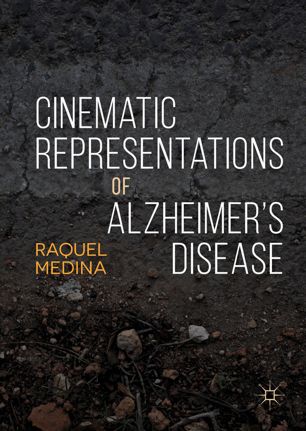

Most ebook files are in PDF format, so you can easily read them using various software such as Foxit Reader or directly on the Google Chrome browser.
Some ebook files are released by publishers in other formats such as .awz, .mobi, .epub, .fb2, etc. You may need to install specific software to read these formats on mobile/PC, such as Calibre.
Please read the tutorial at this link: https://ebookbell.com/faq
We offer FREE conversion to the popular formats you request; however, this may take some time. Therefore, right after payment, please email us, and we will try to provide the service as quickly as possible.
For some exceptional file formats or broken links (if any), please refrain from opening any disputes. Instead, email us first, and we will try to assist within a maximum of 6 hours.
EbookBell Team

4.0
96 reviewsThis book offers a cross-cultural approach to cinematic representations of Alzheimer’s disease in non-mainstream cinema. Even though Alzheimer’s disease, the most common form of dementia, is a global health issue, it is not perceived or represented homogenously around the world. Contrary to very well-known mainstream films, the films discussed do not focus on the negative aspects normally associated with Alzheimer’s disease, but on the importance of portraying the perspective of the persons living with Alzheimer’s and their personhood. Similarly, this book analyses how the films use Alzheimer’s as a trope to address issues relating to different areas of life and society such as, for example, family matters, intergenerational relationships, gender issues, national traditions versus global modernity, and caring for people with dementia. By examining an array of films, from crime fiction to documentary, that each present non-stigmatising representations of Alzheimer’s disease, this in-depth study ultimately demonstrates the power of culture in shaping meaning.